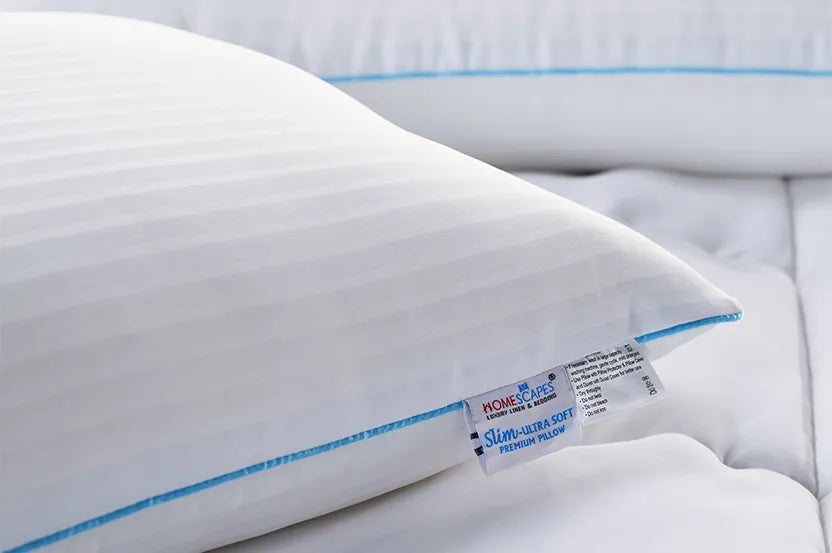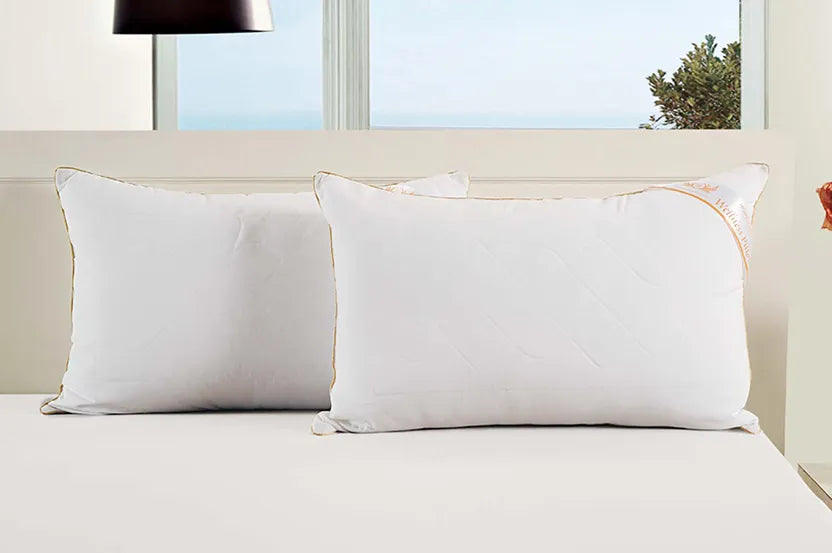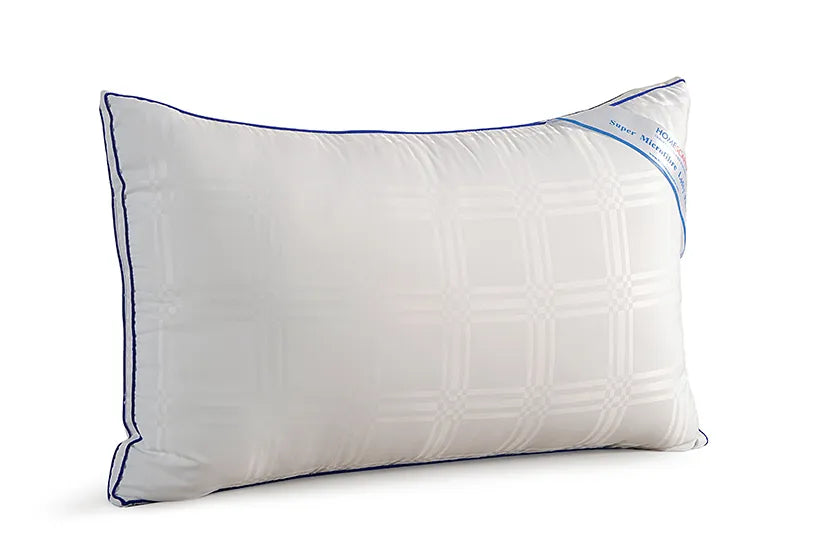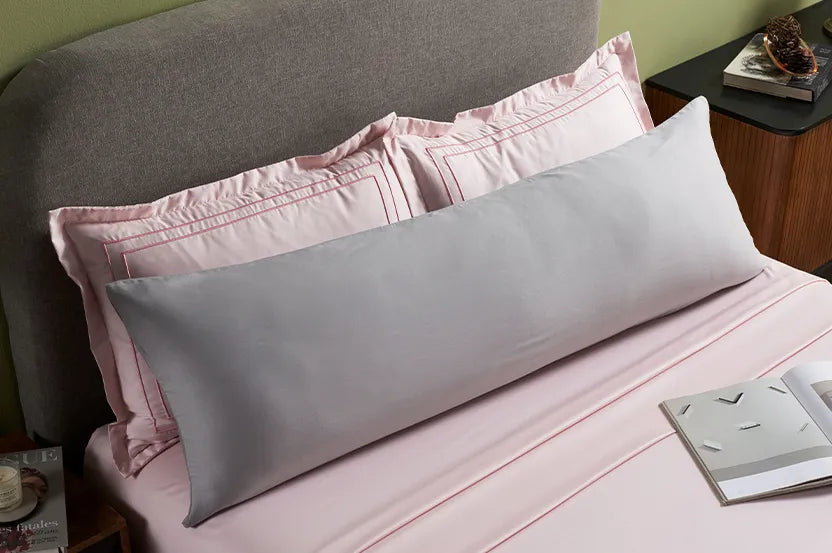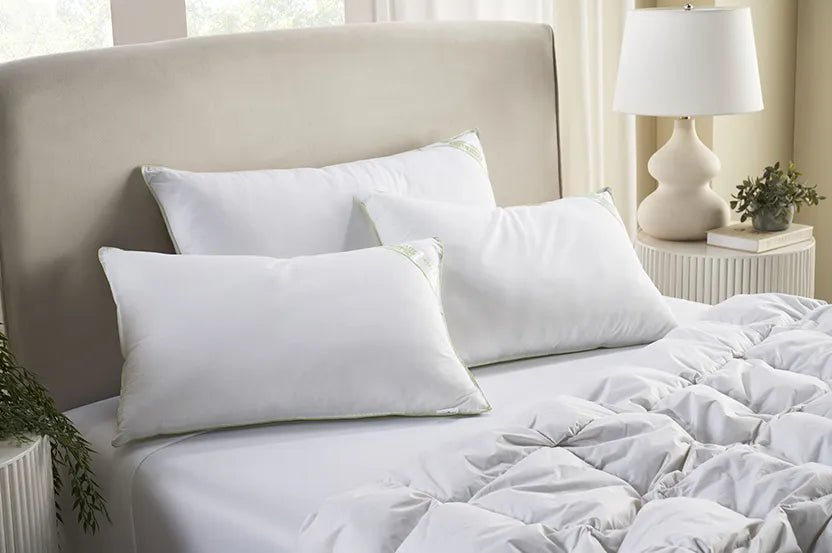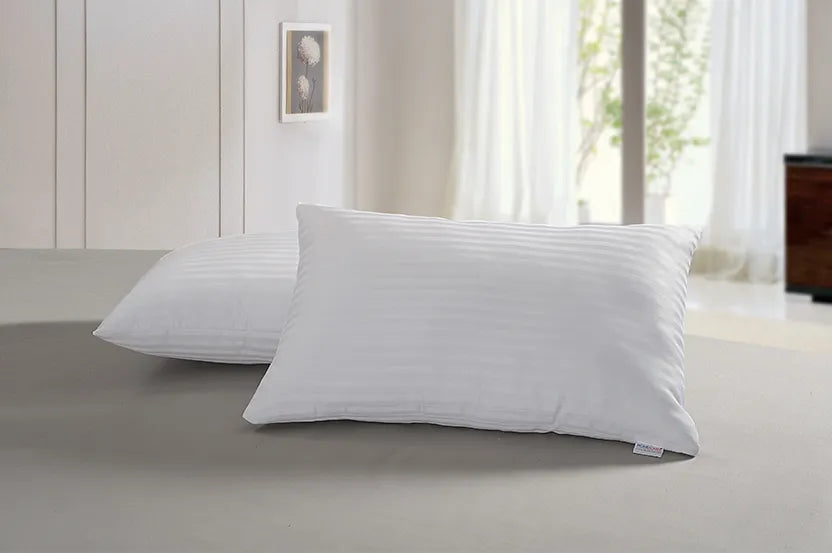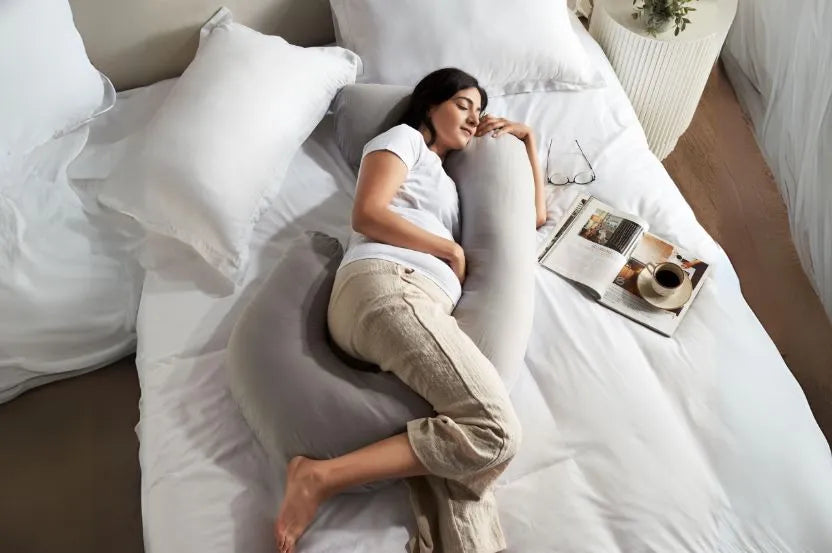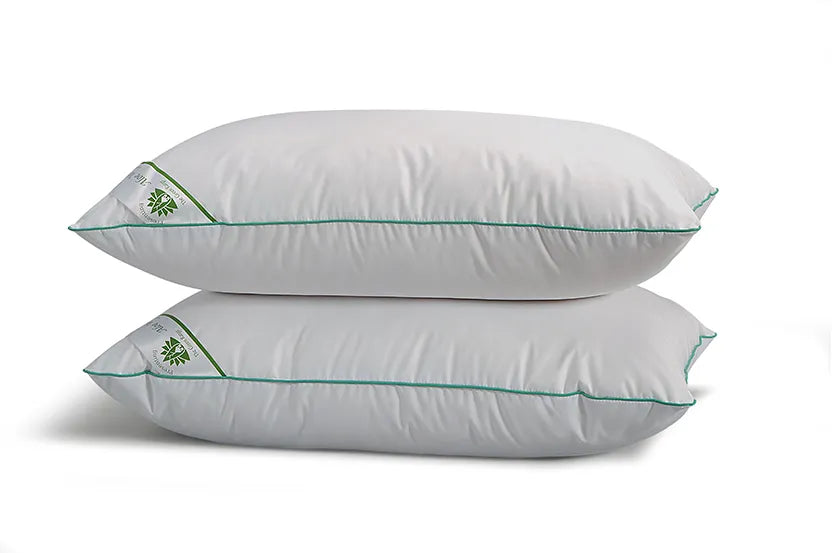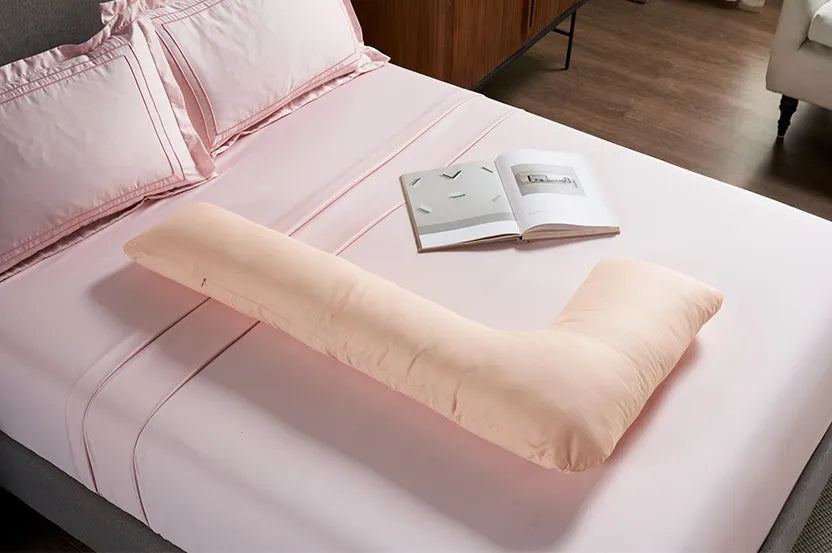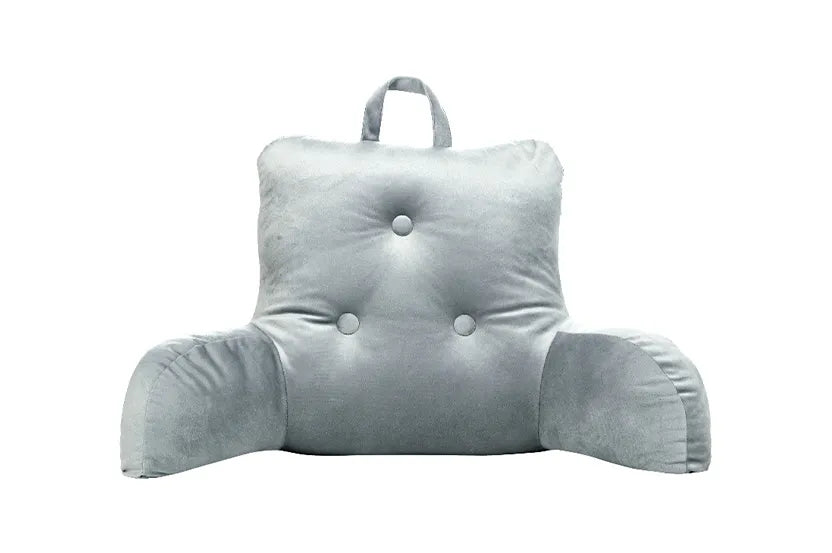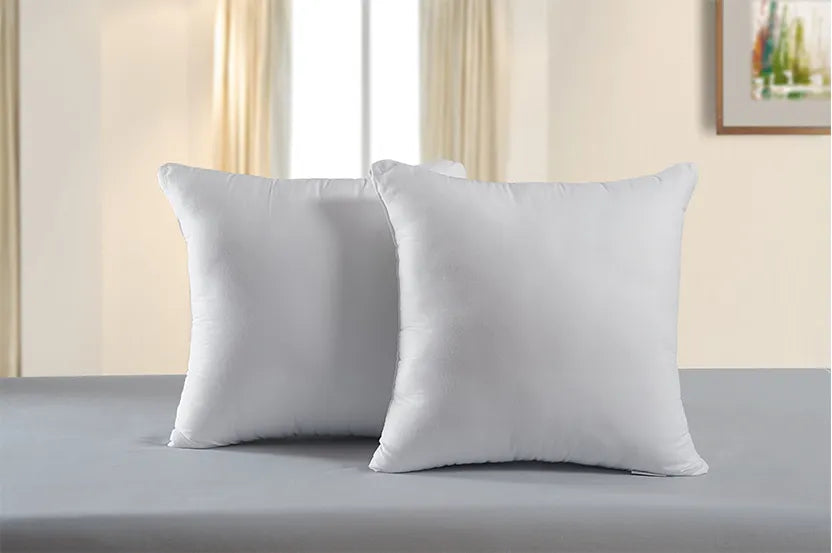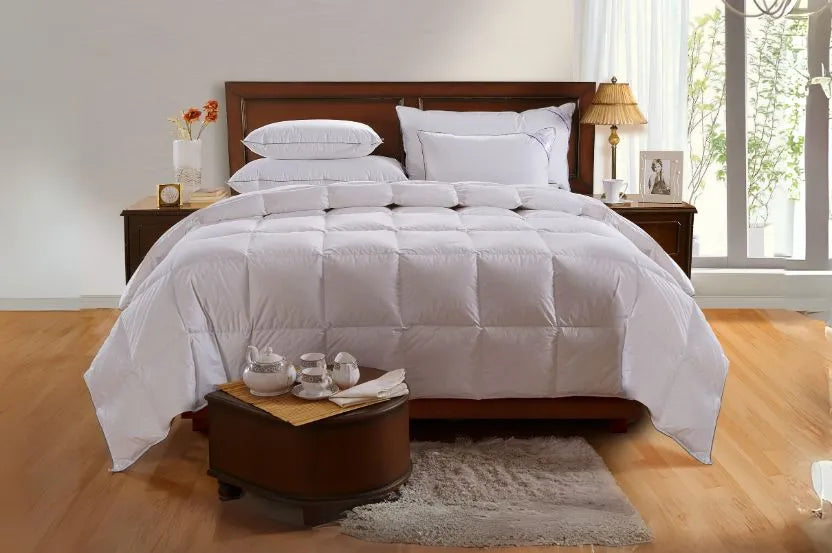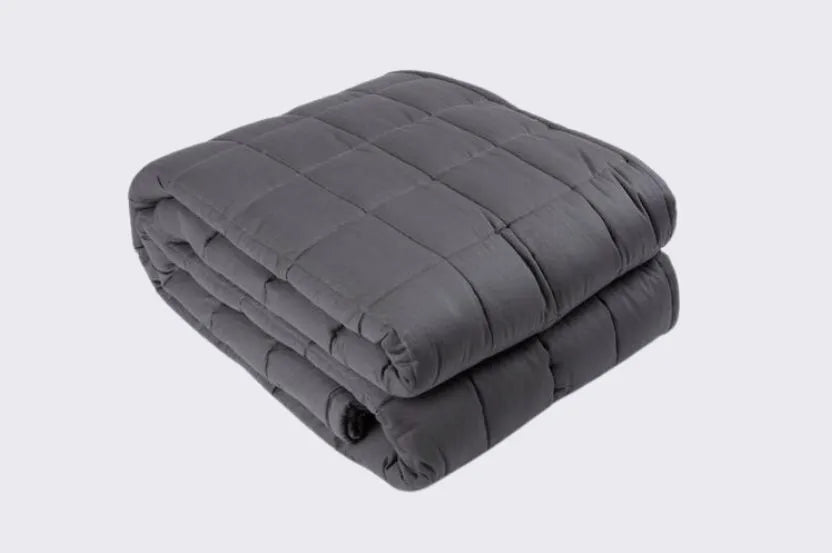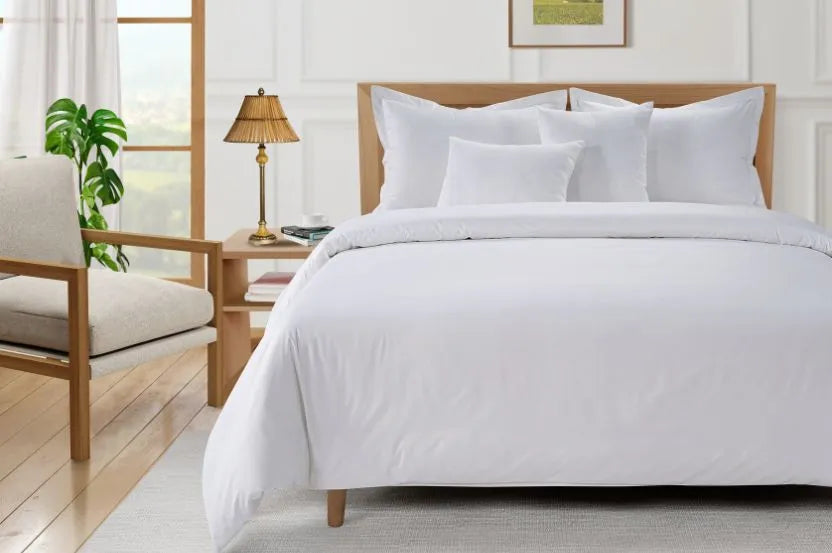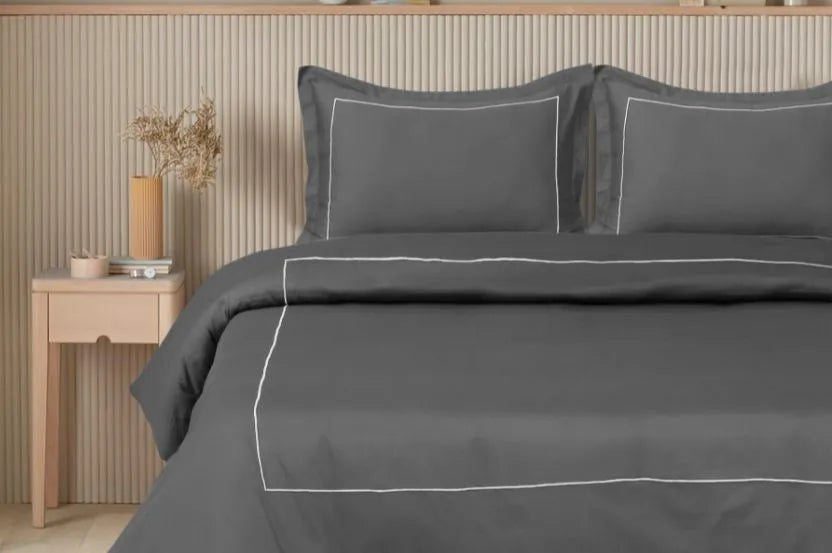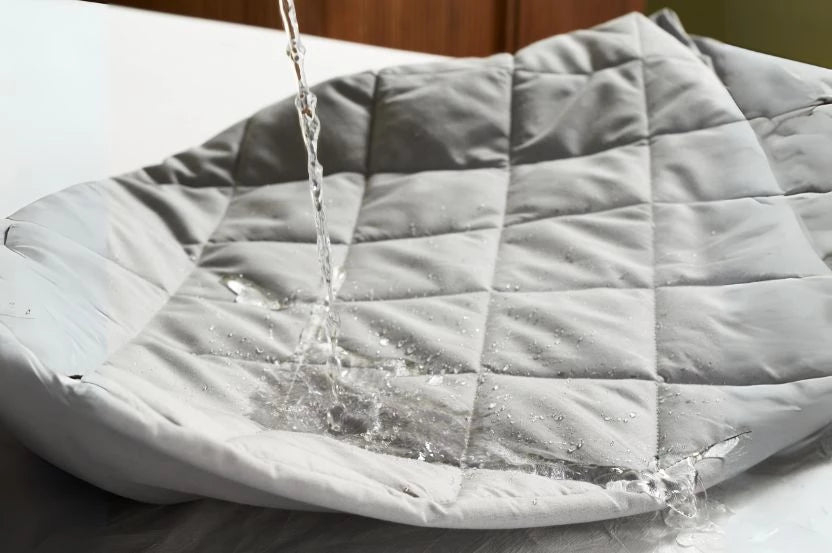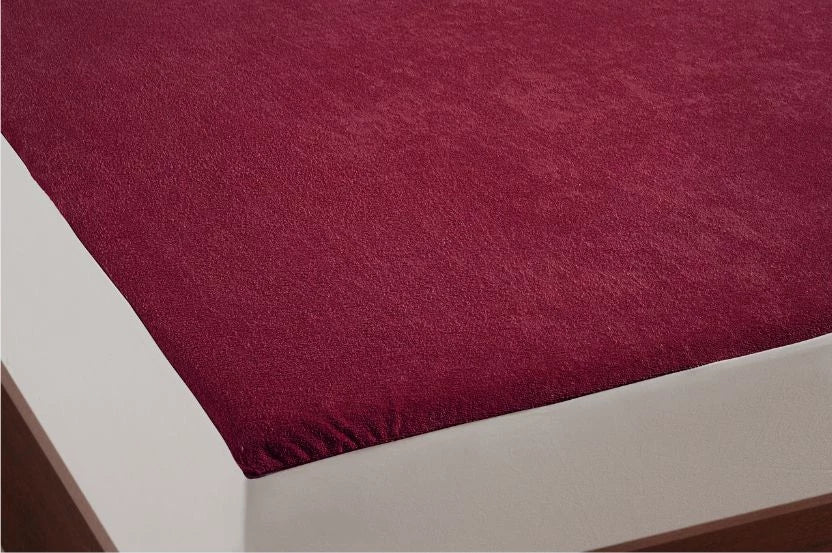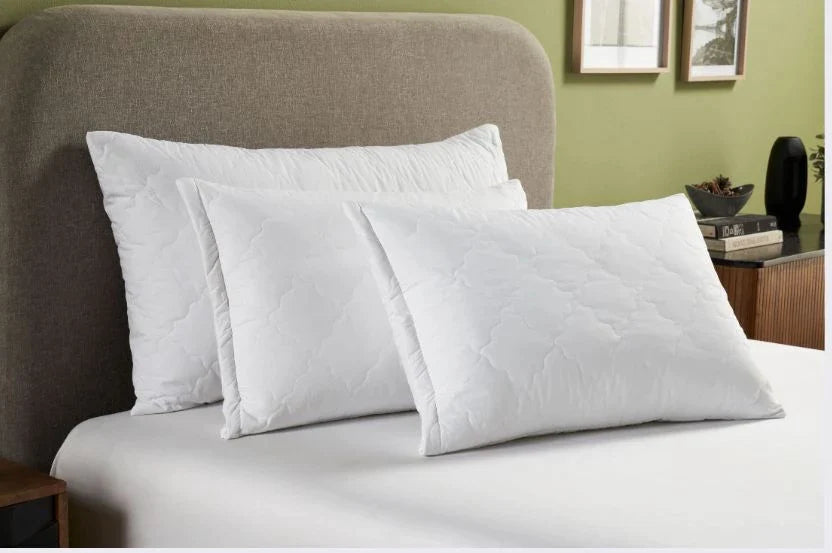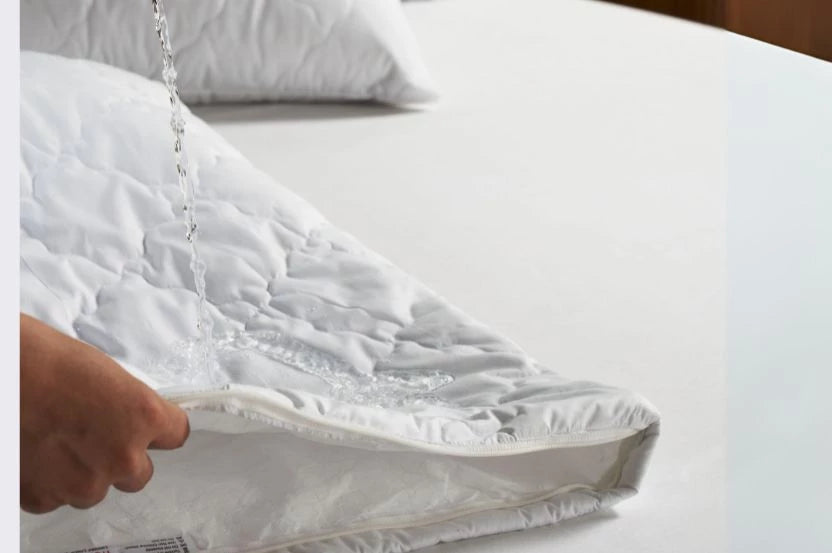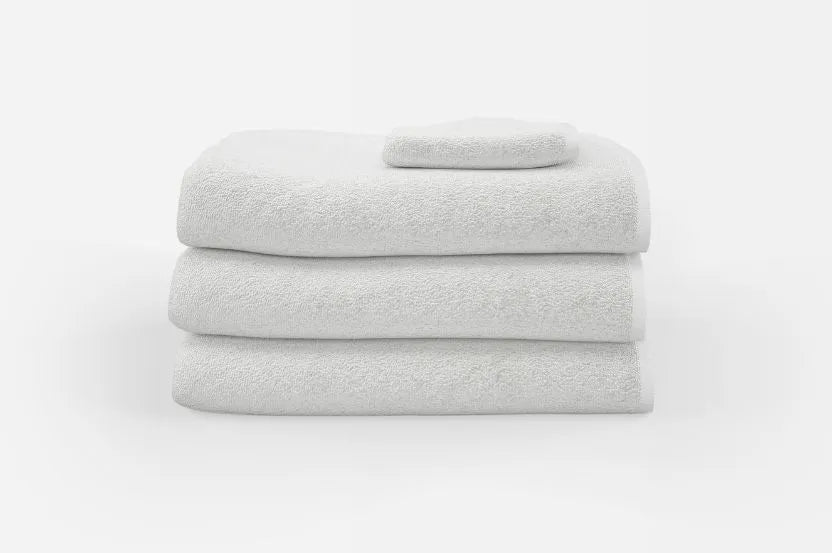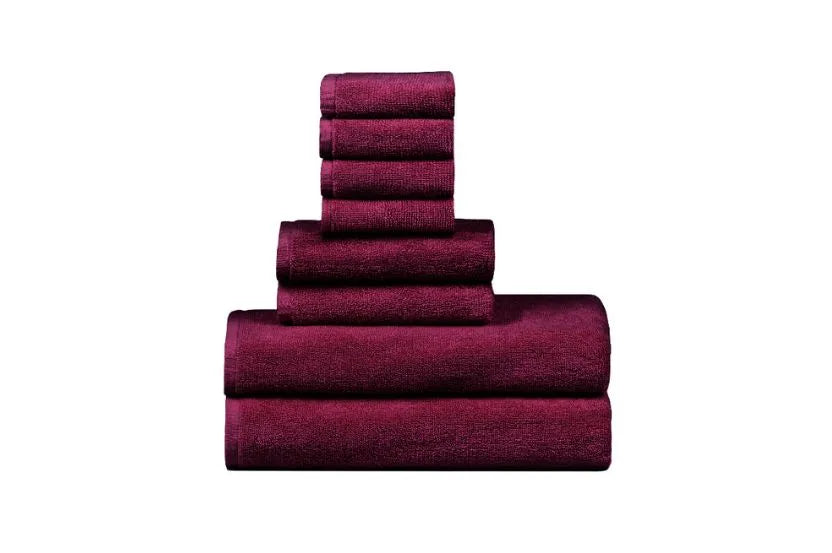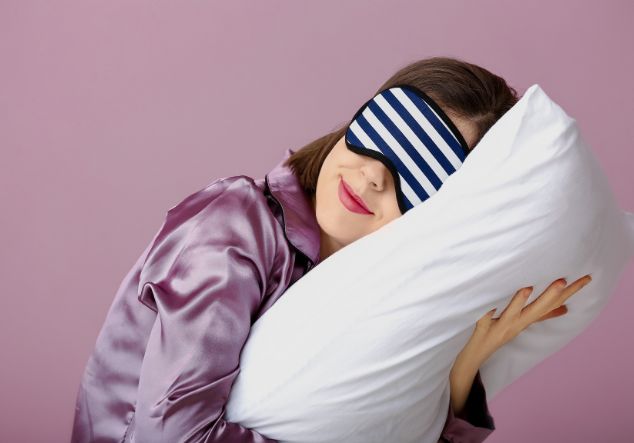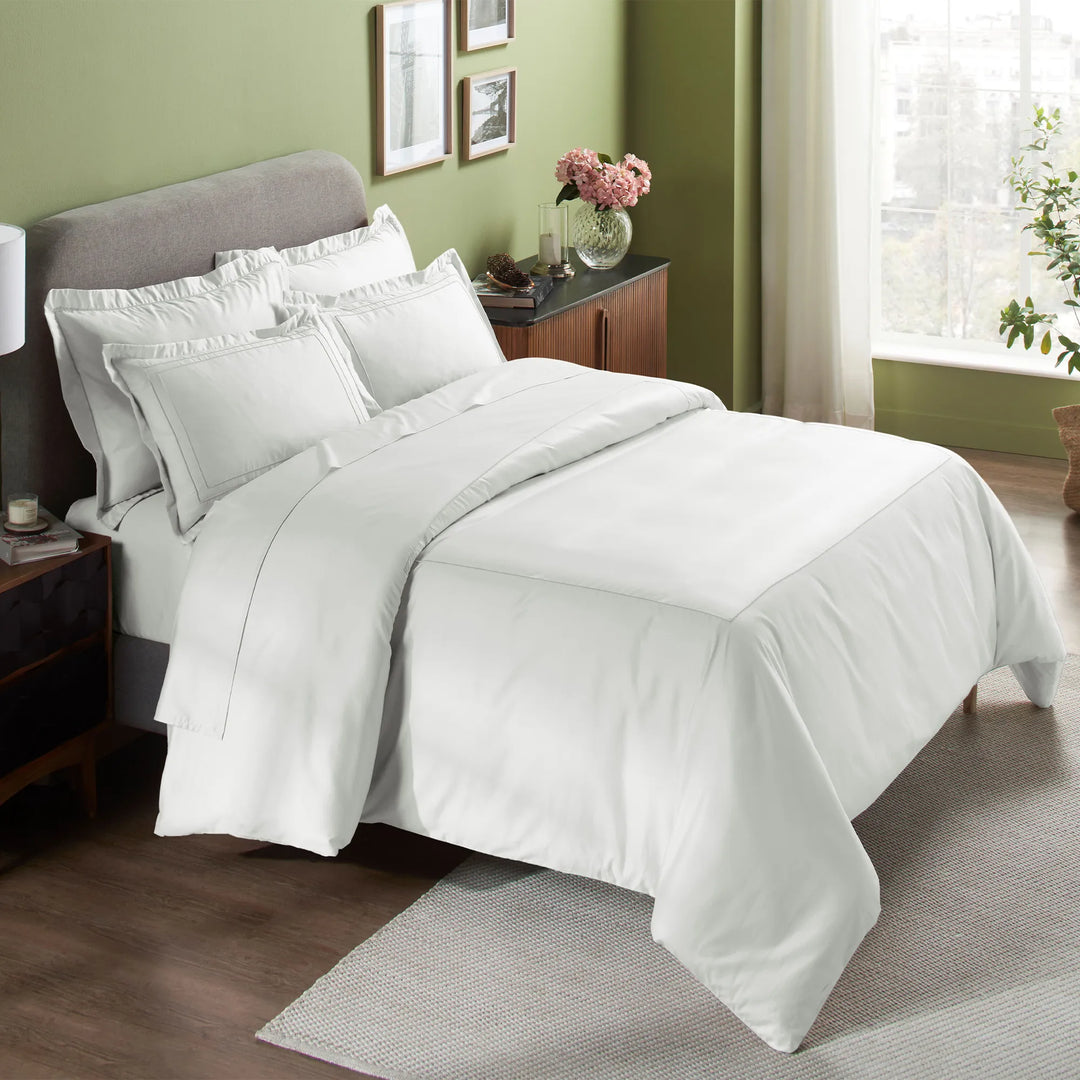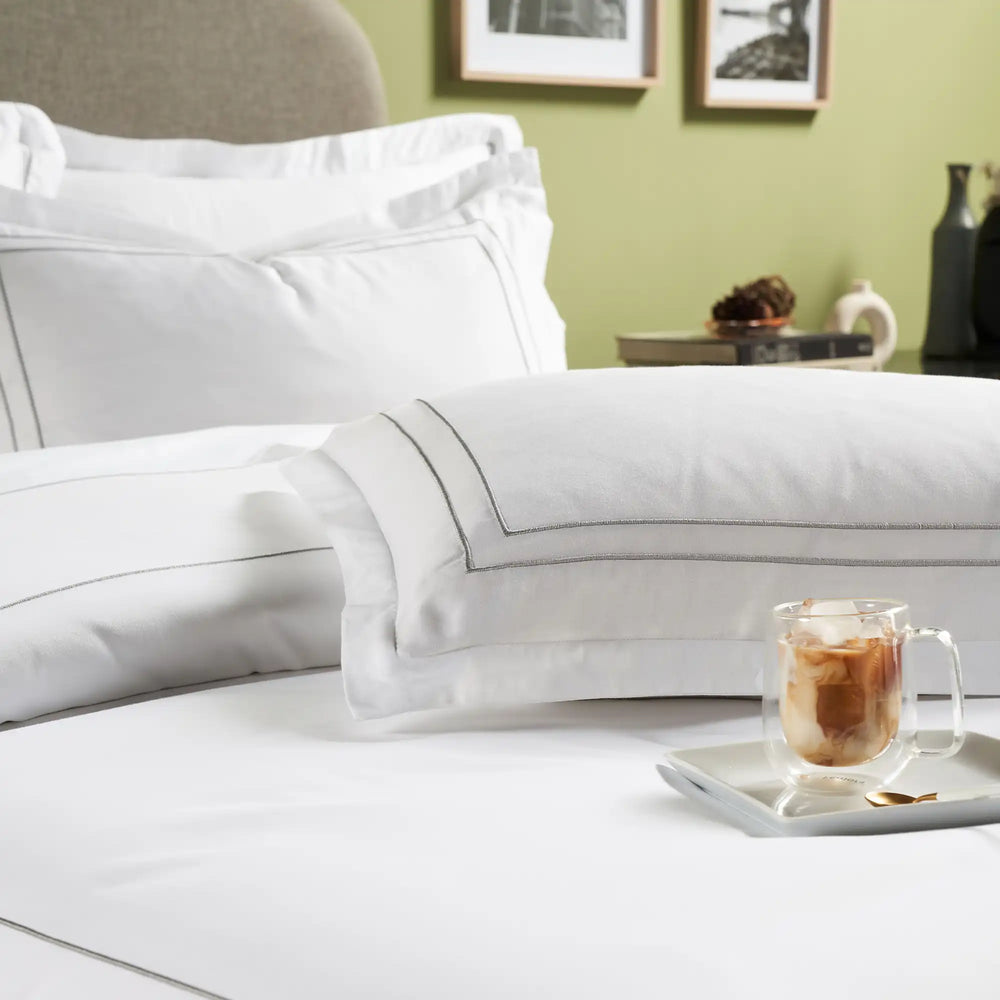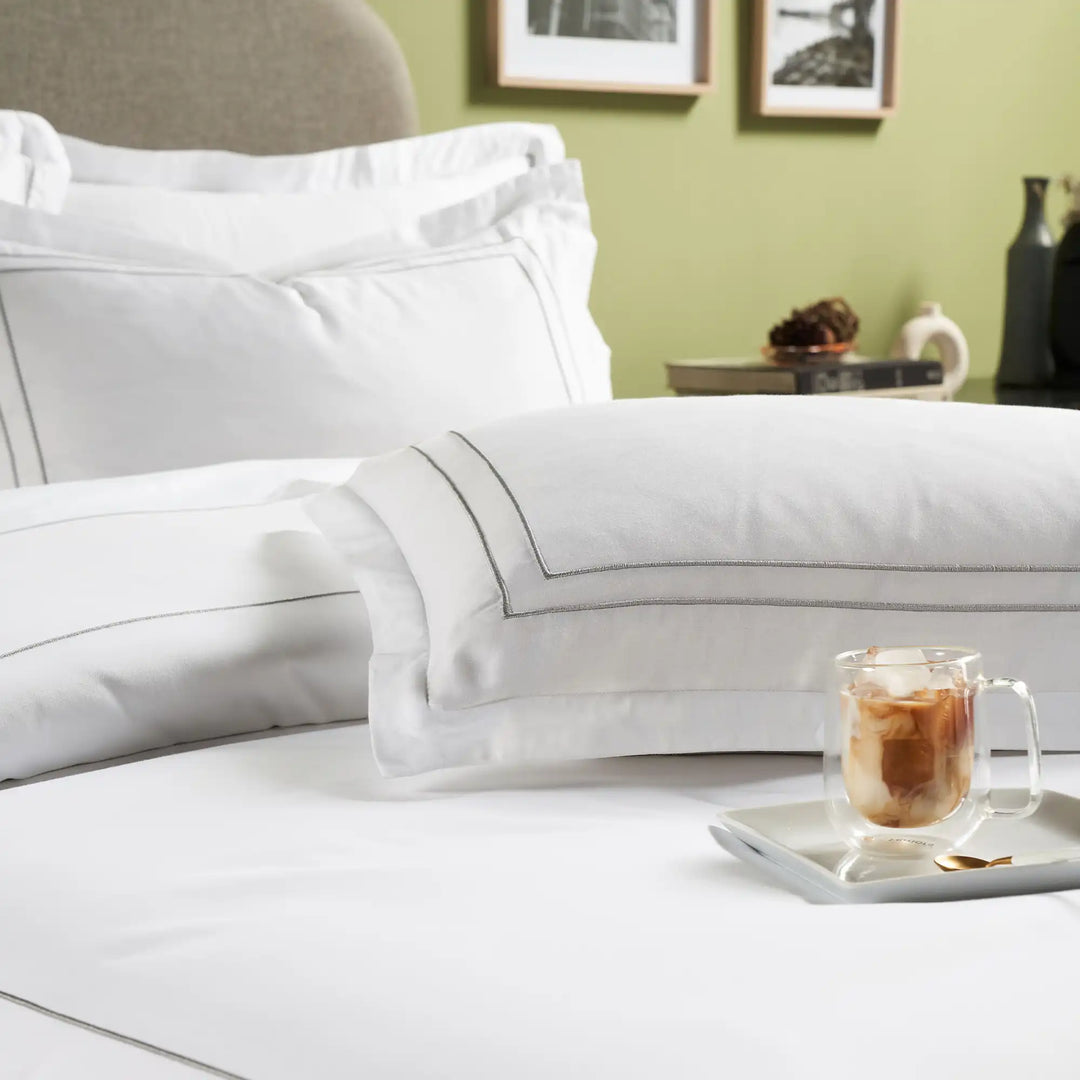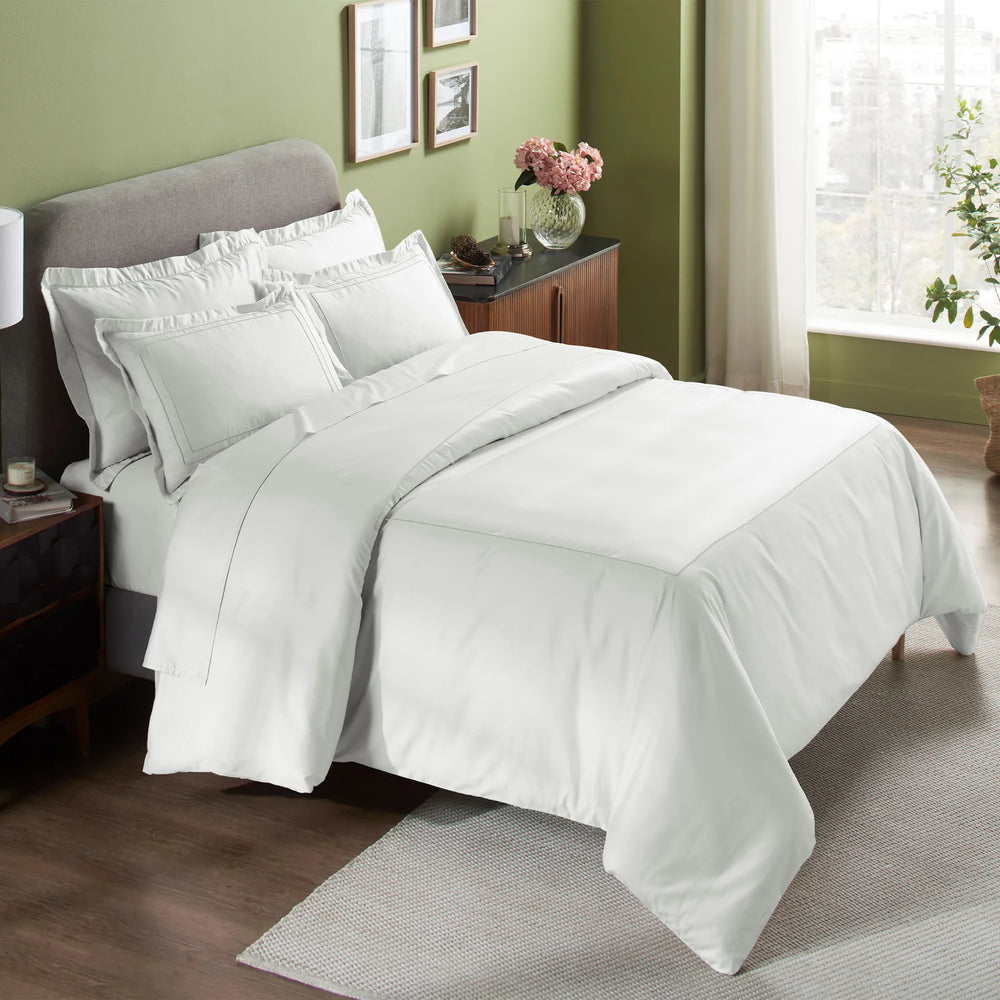Sleep is essential for maintaining physical health, mental clarity, and emotional balance. Yet, many people struggle to fall asleep quickly, leading to a lack of quality rest. There are numerous methods to enhance the ability to sleep faster, ranging from physical techniques to mental exercises and lifestyle changes. In this guide, we will explore proven methods that can help you fall asleep faster and enjoy restful nights.
The Importance of Quality Sleep
Quality sleep is more than just the number of hours spent in bed. It is about the depth and continuity of sleep, which significantly affects various aspects of life. Adequate sleep supports the body's immune system, helps regulate hormones, improves cognitive function, and enhances mood. Conversely, poor sleep can lead to chronic health conditions such as heart disease, diabetes, and obesity.
Moreover, sleep plays a vital role in mental well-being. Without enough rest, you are more likely to experience mood swings, increased stress, anxiety, and even depression. Quality sleep also improves productivity and concentration. Therefore, adopting methods that promote faster sleep onset is not just about getting more hours of sleep, but about optimizing the quality of those hours.
Why Do People Struggle to Fall Asleep?
Many factors contribute to difficulties in falling asleep. Stress, anxiety, and overthinking are common culprits that keep the mind active when it should be winding down. Modern lifestyles, particularly the use of technology before bed, also contribute to sleep problems by interfering with natural circadian rhythms.
Poor sleep hygiene refers to habits that negatively affect sleep, such as irregular bedtime schedules, consuming caffeine or alcohol late in the day, or using electronic devices before bed. Hormonal imbalances, medical conditions like insomnia or sleep apnea, and even environmental factors such as noise and room temperature can further exacerbate the problem.
Proven Methods to Fall Asleep Faster
Below are several proven methods that can help you fall asleep faster and improve the quality of your sleep.
- Establish a Consistent Sleep Schedule
Our bodies operate on a biological clock, known as the circadian rhythm, which dictates when we feel awake and when we feel sleepy. Maintaining a consistent sleep schedule, going to bed, and waking up at the same time every day helps reinforce this rhythm. When the body gets used to a specific routine, it becomes easier to fall asleep and wake up at the desired times.
- Create an Ideal Sleep Environment
An optimal sleep environment is crucial for falling asleep faster. Your room should be dark, quiet, and cool—ideally around 60-67°F (15-19°C). Investing in comfortable bedding and ensuring minimal noise can make a big difference. Consider using blackout curtains or an eye mask to block out light and a white noise machine or earplugs to drown out any disturbances.
- Practice Mindfulness and Relaxation Techniques
Mindfulness practices and relaxation exercises can prepare the mind and body for sleep. Meditation, deep breathing exercises, and progressive muscle relaxation (discussed later) help slow down the heart rate, reduce anxiety, and calm the mind, which is often active when you lie in bed.
- Avoid Stimulants Before Bedtime
Caffeine and nicotine are stimulants that can interfere with your ability to fall asleep. Avoid consuming caffeinated beverages or nicotine for at least 4-6 hours before bedtime. Similarly, alcohol may seem to induce sleep initially, but it disrupts sleep cycles, leading to restless nights.
- Incorporate Physical Activity Into Your Daily Routine
Regular physical activity helps to regulate sleep patterns and reduce the time it takes to fall asleep. Aim for at least 30 minutes of moderate exercise most days of the week, but avoid vigorous exercise too close to bedtime as it can have the opposite effect and make you more alert.
- Limit Screen Time and Blue Light Exposure
The blue light emitted from phones, tablets, and computers suppresses the production of melatonin, the hormone that regulates sleep. It is recommended to avoid screens for at least an hour before bed. Alternatively, you can use blue-light-blocking glasses or switch your devices to night mode.
- Try the Military Method
The Military Method is a technique used by soldiers to fall asleep quickly, even in uncomfortable conditions. It involves relaxing your entire body systematically, starting from the face, then moving down to the shoulders, arms, and legs. Afterward, you should focus on clearing your mind, imagining a peaceful scene, and allowing your body to drift into sleep.
- Explore the 4-7-8 Breathing Method
The 4-7-8 Breathing Method, developed by Dr. Andrew Weil, is a simple yet powerful technique that can induce relaxation and help you fall asleep faster. Here’s how it works:
- Inhale quietly through your nose for a count of 4.
- Hold your breath for a count of 7.
- Exhale completely through your mouth for a count of 8.
This method helps to reduce stress and promote a sense of calmness, making it easier to fall asleep.
- Make Use of White Noise or Calming Sounds
White noise and calming sounds, such as rainfall, ocean waves, or wind chimes, can drown out disruptive noises and create a peaceful auditory environment. Many people find that listening to these sounds before bed can help them fall asleep more easily.
- Use Progressive Muscle Relaxation (PMR)
Progressive Muscle Relaxation is a technique that involves tensing and then relaxing each muscle group in the body, starting from the toes and working your way up to the head. This method not only helps relieve physical tension but also calms the mind, making it easier to drift into sleep.
- Cognitive Behavioral Therapy for Insomnia (CBT-I)
For individuals struggling with chronic insomnia, Cognitive Behavioral Therapy for Insomnia (CBT-I) is an effective, long-term solution. CBT-I addresses the underlying thoughts and behaviors that contribute to insomnia, helping individuals to break the cycle of sleeplessness.
- Optimize Your Diet for Better Sleep
Certain foods can promote sleep, while others may hinder it. Complex carbohydrates, magnesium-rich foods like spinach and nuts, and foods rich in tryptophan such as turkey and dairy can help promote better sleep. Avoid heavy meals, spicy foods, and excess sugar before bedtime, as they can interfere with sleep.
- Try Aromatherapy with Essential Oils
Aromatherapy involves using essential oils to promote relaxation and sleep. Oils such as lavender, chamomile, and bergamot have been shown to reduce anxiety and induce sleepiness. Diffusing these oils in your bedroom before bed can create a calming environment conducive to restful sleep.
- Use a Sleep Journal to Track Habits
A sleep journal is a useful tool for identifying patterns and triggers that affect your sleep. By recording details such as bedtime, wake time, food intake, and daily activities, you can pinpoint habits that may be contributing to your sleep issues and make adjustments accordingly.
Conclusion
Falling asleep faster is a skill that can be developed with consistent practice and lifestyle changes. By adopting the proven methods outlined above, you can enhance the quality of your sleep and wake up feeling refreshed and energized. Sleep is the cornerstone of good health, and with the right habits, it can become a natural, restorative part of your daily routine.

